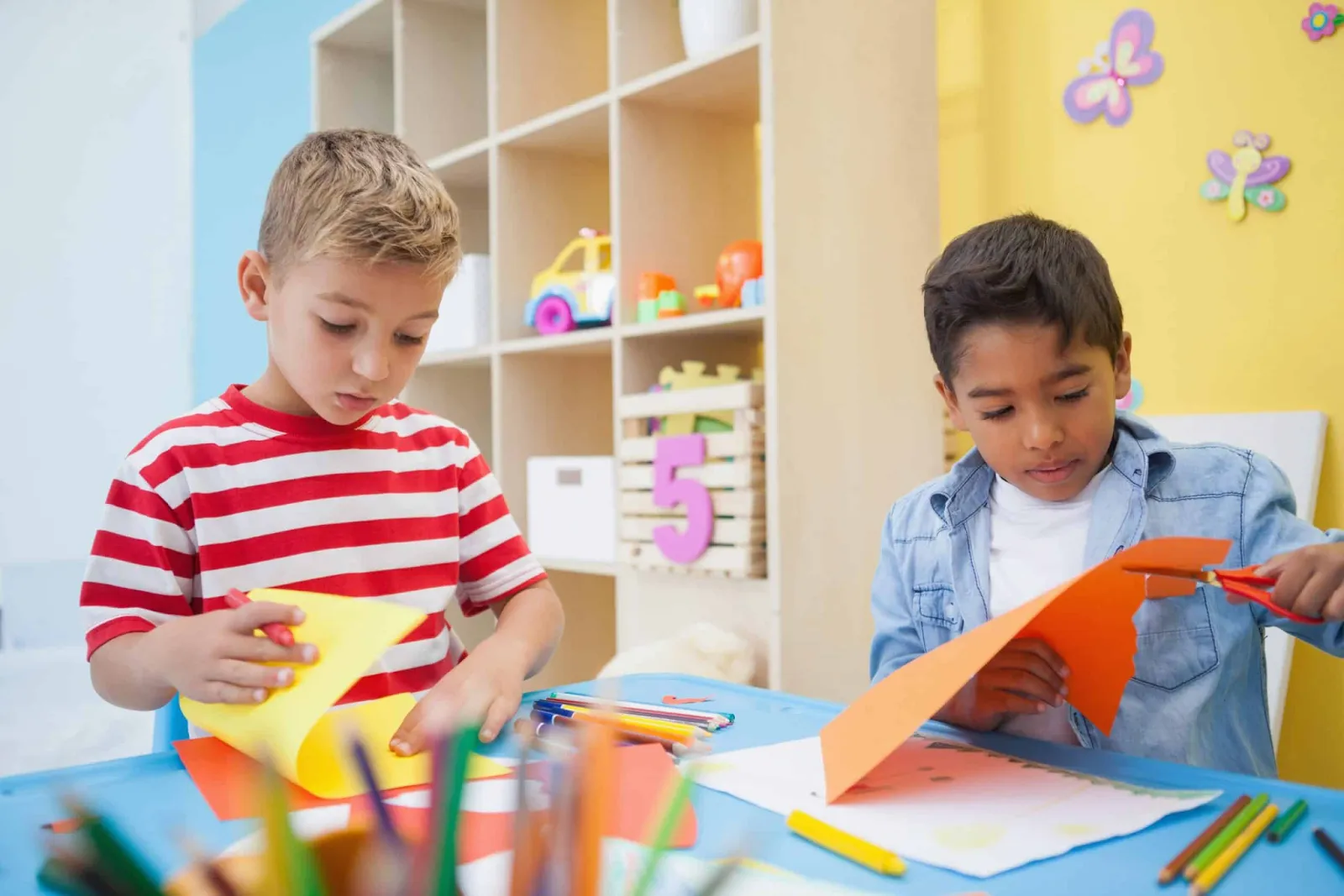
77.32% of parents see better grades in 3 months!
Imagine your child coming home from school one day and proudly announcing that they’ve just designed a new app to help students manage their homework.
Or picture them organizing a charity event that brings together classmates to support a local cause.
Sounds like something out of a superhero movie, right?
But this is exactly the kind of creativity and initiative that today’s students are bringing to the table.
When we talk about academic success examples, our minds often jump to the usual suspects: straight A’s, top test scores, and perfect attendance.
While these are certainly impressive, there’s a whole world of academic achievements that don’t fit neatly into those boxes.
In fact, academic success examples can look like a thousand different things, from crafting innovative projects to leading student initiatives that make a real impact.
In this article, we’re diving into some of the most exciting and unconventional examples of academic skills and achievements that go beyond the standard report card metrics. We’ll explore how students are making waves with self-directed learning projects, collaborative content creation, and even peer-to-peer mentorship.
So buckle up, because you’re about to discover a whole new perspective on what it means to achieve academic success!
5 Inspiring Academic Success Examples That Go Beyond the Norm
Looking for fresh and inspiring ways to define academic success beyond the usual report card?
Discover eight innovative examples of how students are redefining what it means to excel in their studies.
These success stories showcase a diverse range of skills and achievements that go beyond traditional benchmarks.
Get ready to be amazed by the creative and impactful ways students are making their mark!
1. Self-Directed Learning Projects: Curiosity Takes the Lead

Imagine your child coming home from school and instead of playing video games, they dive into researching "sustainable urban farming" or "the physics behind roller coasters."
Sounds like a dream, right?
But this is exactly what self-directed learning projects are all about—letting curiosity take the wheel.
Self-directed learning projects are those where students choose a topic they’re passionate about and go all out to explore it, completely independent of their school’s curriculum.
For instance, if your child loves astronomy, they might create a detailed star chart or even design a small telescope from scratch.
These projects not only boost their knowledge but also teach them to manage time, conduct research, and present findings—skills that are invaluable for academic success.
Parent Tip:
Encourage your child to pick a topic they love, provide them with resources, and let them own the project.
The sense of accomplishment they’ll feel will be an academic success example that no grade can quantify.
Also Read: 10 Proven Methods To Improve Schools and Teaching Skills
2. Collaborative Content Creation: The Power of Peer Learning
Gone are the days when learning was a solo journey.
In today’s digital world, collaboration is key, and what better way to achieve this than through collaborative content creation?
This is where students come together to create something meaningful—be it a study guide, an educational blog, or even a YouTube channel.
For example, your child and their friends decide to create a series of YouTube tutorials on math problems they’ve cracked.
Not only are they reinforcing their own understanding, but they’re also helping countless other students who struggle with the same problems.
This kind of peer-to-peer teaching is an excellent academic success example that showcases creativity, teamwork, and the ability to communicate complex ideas clearly.
Parent Tip:
Support your child’s collaborative projects by providing the tools they need—whether it’s a camera for their YouTube channel or software to create a digital study guide.
And if they need a little extra help, MentorMatch is ready to jump in and make their project shine!
This could be the start of something amazing!
3. Peer-to-Peer Mentorship: Building Confidence and Compassion
Mentorship isn’t just for adults in the workplace—it can be a powerful tool for academic success among students too.
Peer-to-peer mentorship involves students helping their classmates, whether it’s through tutoring, offering emotional support, or guiding them through challenging assignments.
Picture your child tutoring a friend who struggles with English.
Not only does this reinforce their own knowledge, but it also builds empathy, leadership, and communication skills.
It’s an academic success example that goes beyond grades, showing personal growth and the ability to positively impact others.
Parent Tip:
Encourage your child to participate in mentorship opportunities at school.
Whether they’re helping a friend with homework or leading a study group, they’re building skills that will serve them well in life.
4. Academic Competitions and Hackathons: The Thrill of the Challenge
There’s nothing like a little friendly competition to bring out the best in students.
Academic competitions and hackathons provide a platform for students to showcase their skills, push their limits, and collaborate with others to achieve a common goal.
Picture your child participating in a science fair, where they present a project they’ve been working on for months.
Or imagine them joining a hackathon, where they and a team of peers race against the clock to develop a solution to a real-world problem.
These experiences are not only thrilling but also teach valuable lessons in teamwork, time management, and resilience—making them perfect academic success examples.
Parent Tip:
Encourage your child to participate in competitions that align with their interests.
Whether it’s a math competition, a spelling bee, or a coding hackathon, these events can be a fun way to develop their skills and confidence.
Also Read: Exploring the Meaning of Student Academic Success
5. Student-Led Initiatives: Leadership in Action

Leadership isn’t just about being the class president—it can be demonstrated in countless ways, especially through student-led initiatives.
These are projects or events that students organize and manage themselves, showcasing their ability to take charge, solve problems, and inspire others.
For example, your child might organize a charity event at school, rallying their peers to donate books or supplies to underprivileged students.
Or they might lead a campaign to promote mental health awareness, creating resources and workshops to support their classmates.
These initiatives are incredible academic success examples that highlight leadership, compassion, and a commitment to making a positive impact.
Parent Tip:
Encourage your child to take the lead on projects they’re passionate about.
Whether it’s organizing a school event or starting a club, student-led initiatives are a fantastic way to build leadership skills and make a difference.
In a nutshell, academic success is about more than just acing tests—it’s about discovering and nurturing what makes your child shine.
If you’re ready to help them explore these exciting avenues, check out MentorMatch.
We’ve got the perfect tutors to guide your child’s journey, from brainstorming brilliant ideas to making those amazing projects come to life.
Let’s turn their unique success story into reality!
Wrapping Up!
So there you have it—academic success examples that go way beyond the usual grades and test scores!
From self-directed projects to peer-led initiatives, today’s students are proving that learning can be as creative and dynamic as they are.
Whether they’re crafting innovative solutions or diving deep into their passions, there’s no limit to what they can achieve when given the right support.
Speaking of support, if you’re looking to help your child make the most of their unique academic journey, MentorMatch has got you covered.
Our tutors are ready to jump in and help turn those standout ideas into real achievements.
Let’s make those academic success examples not just a dream but a fantastic reality.
And watch your child’s brilliance unfold!



.png)
.webp)
.webp)